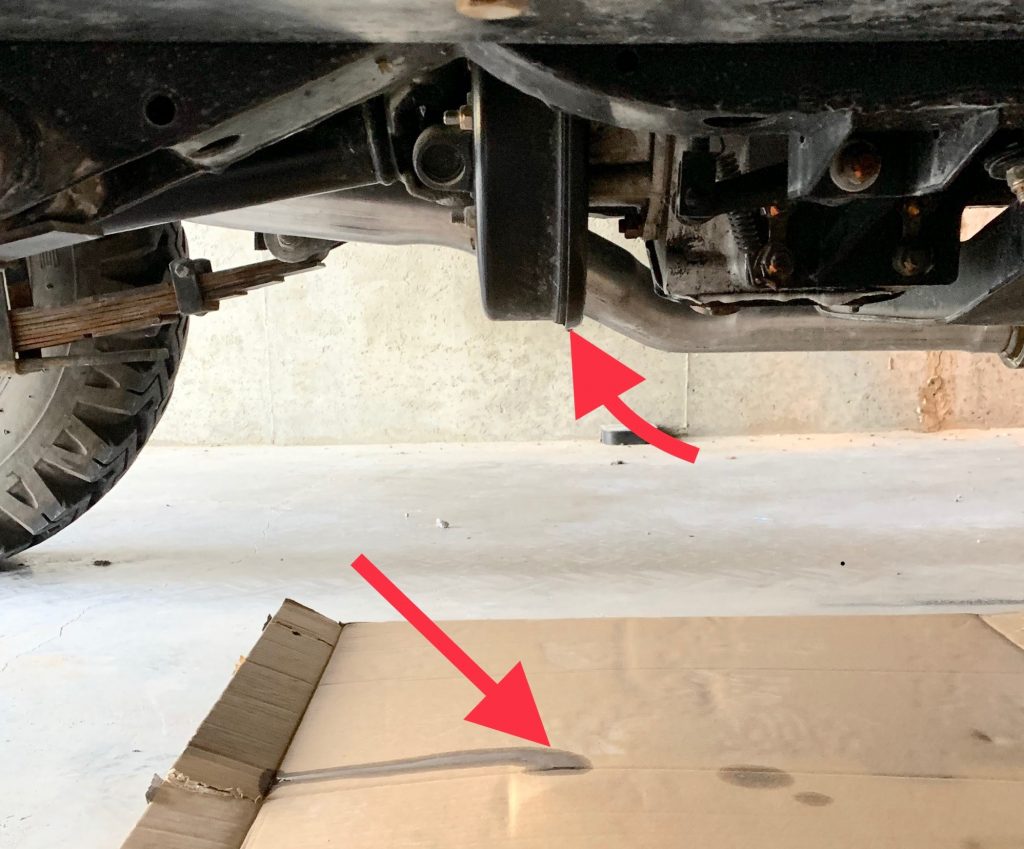“Like a hole in the paper is both in the paper and yet not of the paper, so is the supreme state in the very centre of consciousness, and yet beyond consciousness. It is an opening in the mind through which the mind is flooded with light. The opening is not even the light, it is just an opening.”
“When you understand that names and shapes are hollow shells without any content whatsoever, and what is real is nameless and formless, pure energy of life and light of consciousness, you will be at peace — immersed in the deep silence of reality.”
“There is only light and light is all. Everything else is but a picture made of light. Life and death, self and not-self — abandon all these ideas. They are of no use to you. See the light and disregard the picture.”
“In the immensity of consciousness a light appears, a tiny point that moves rapidly and traces shapes, thoughts and feelings, concepts and ideas, like a pen writing on paper. And the ink that leaves a trace is memory. You are that tiny point and by our movement the world is ever re-created. Stop moving, and there will be no world.”
— I Am That (Sri Nisargadatta Maharaj)
“How can I look into the darkness, when looking makes it light?”
— Ten Zen Questions (Susan Blackmore)
“You are walking along a path at night, surrounded by a thick fog. But you have a powerful flashlight that cuts through the fog and creates a narrow, clear space in front of you. The fog is your life situation, which includes past and future; the flashlight is your conscious presence; the clear space is the Now.”
–The Power of Now (Eckhart Tolle)


 Financial historian
Financial historian